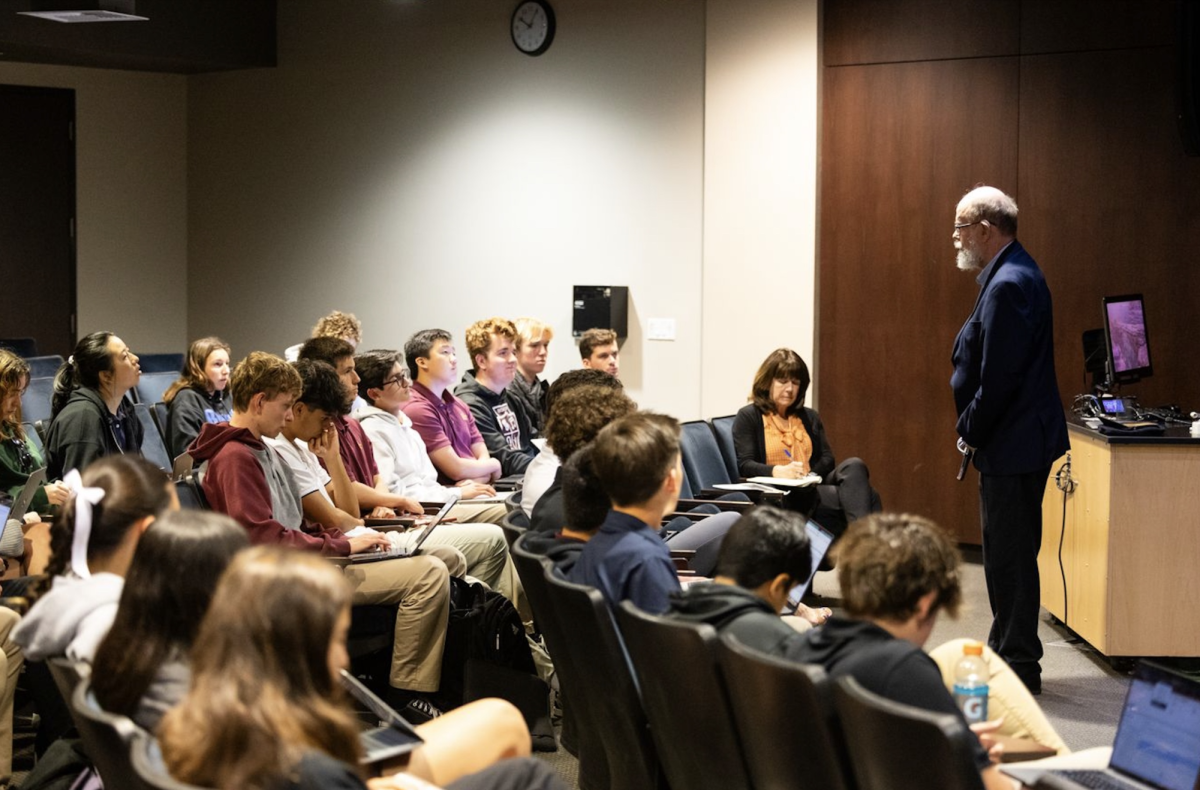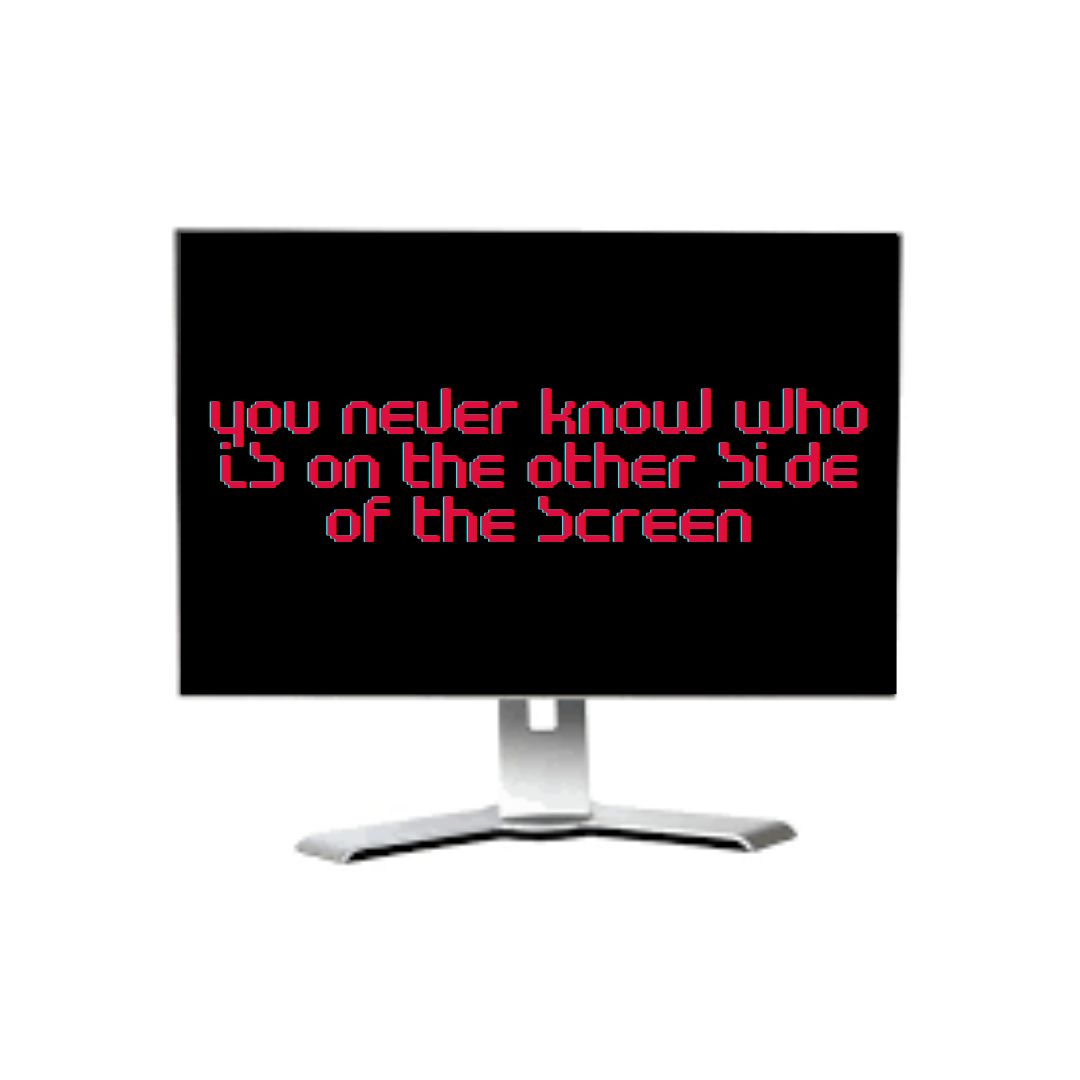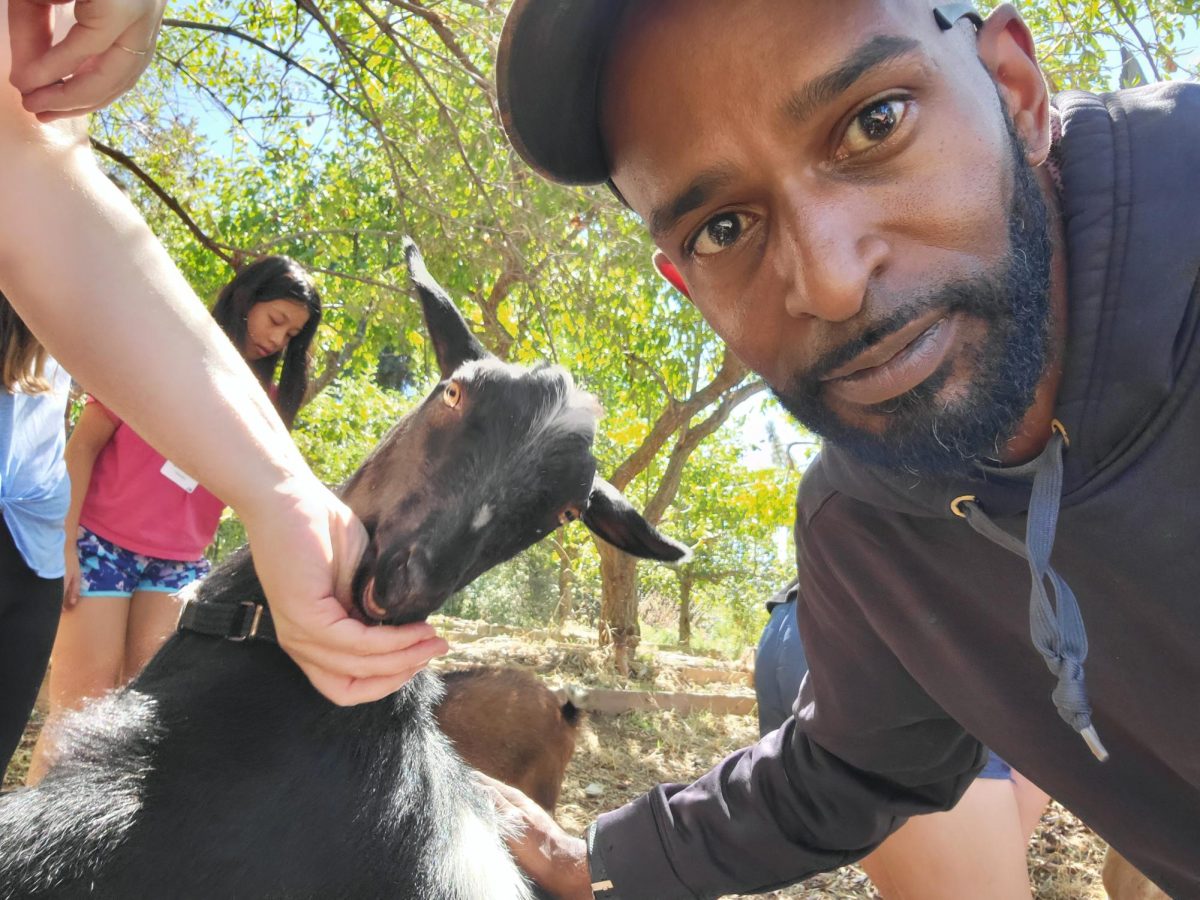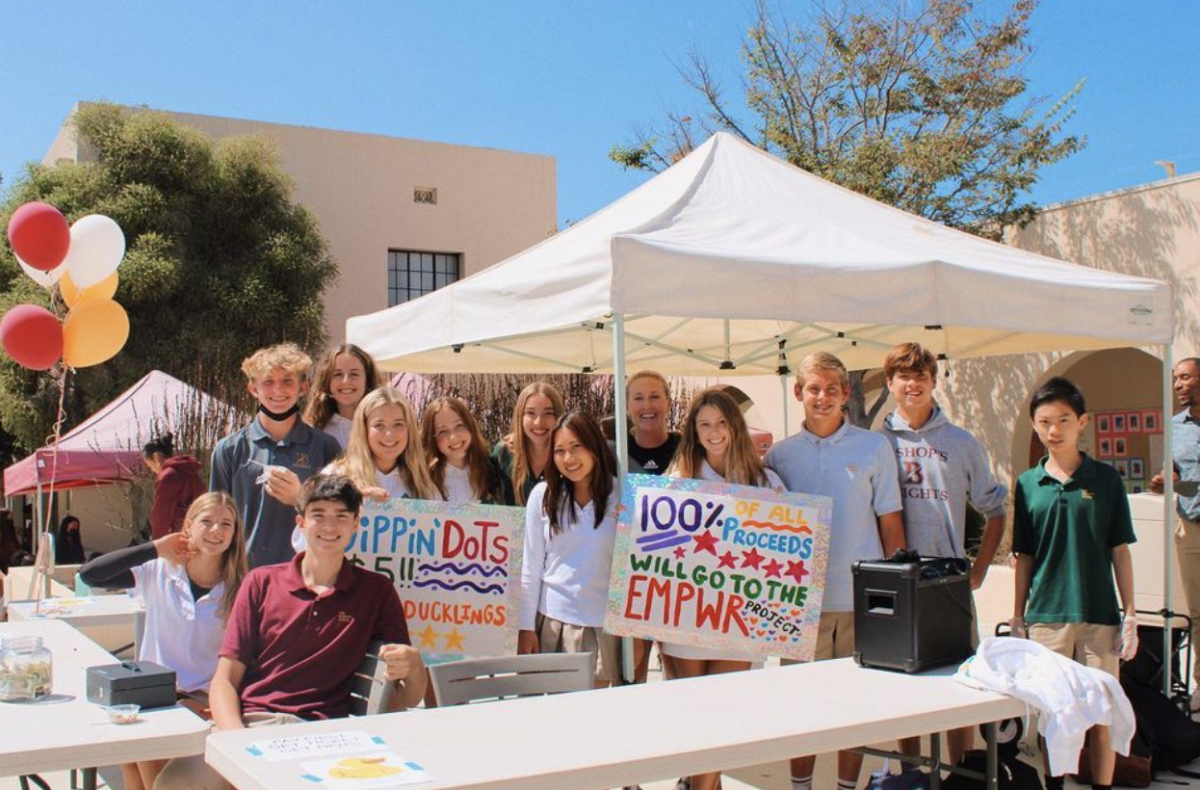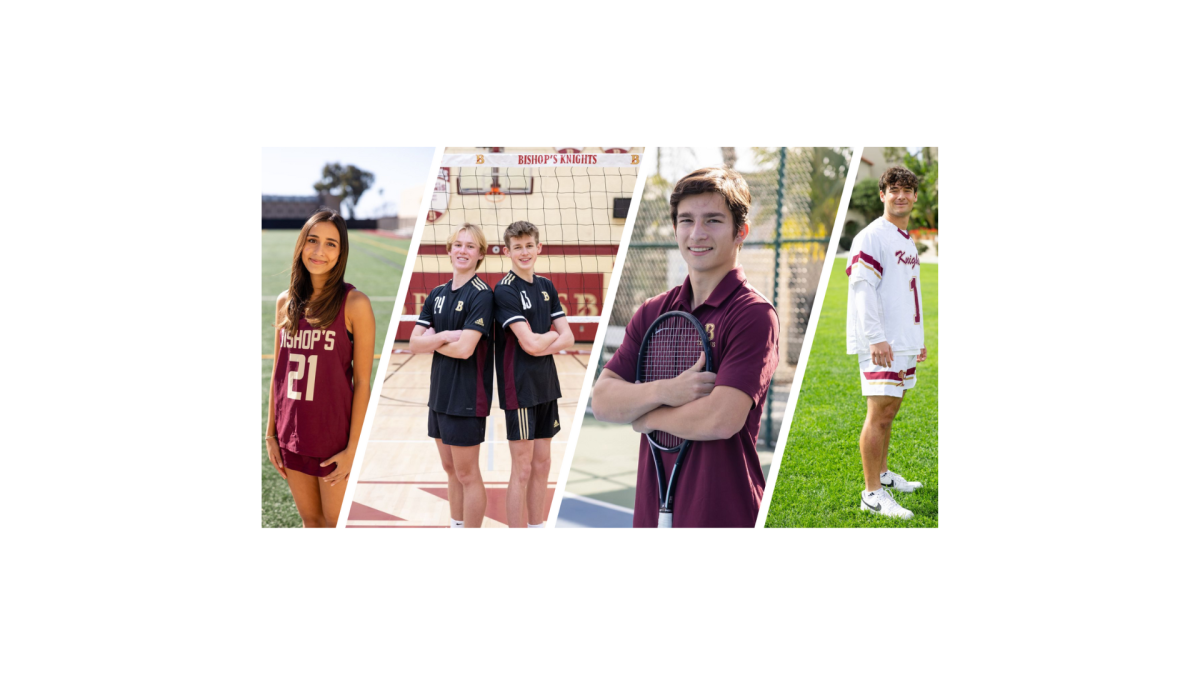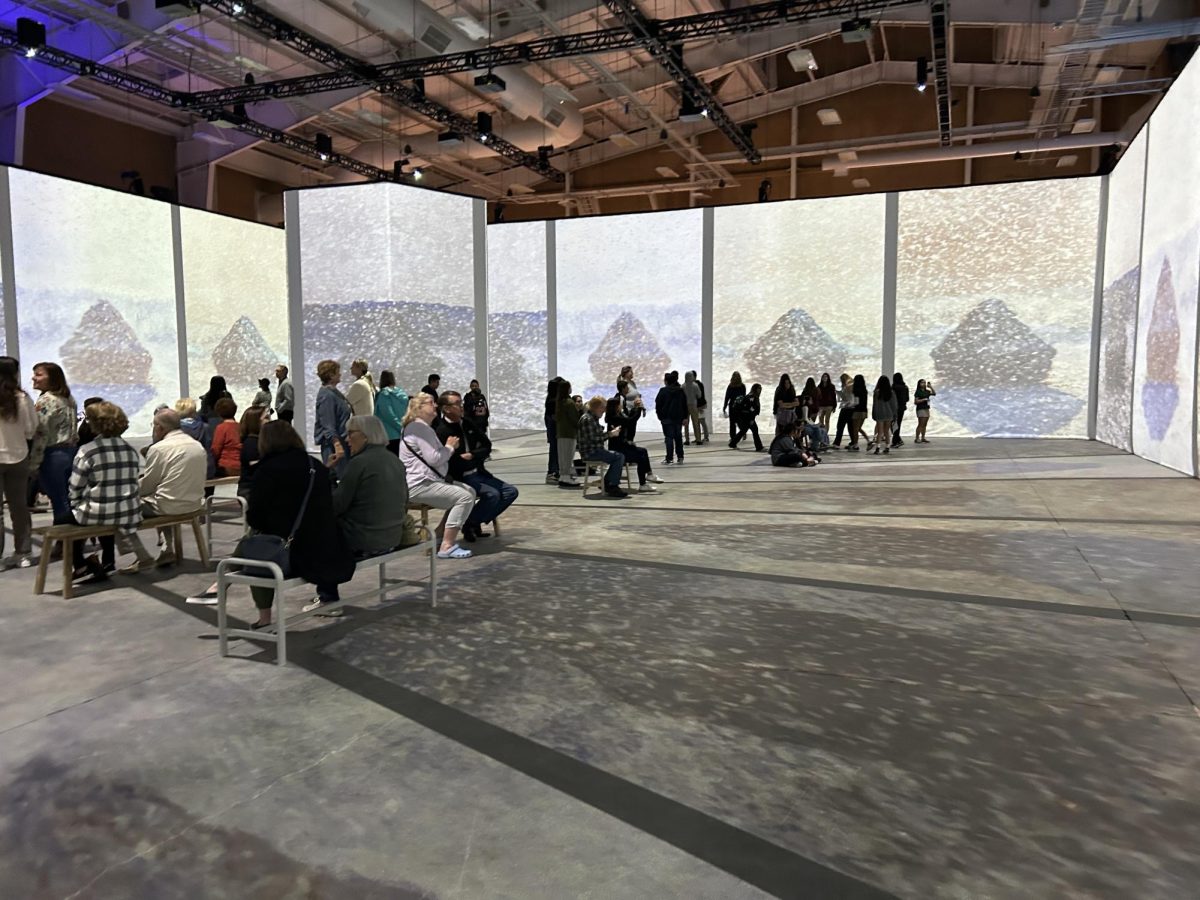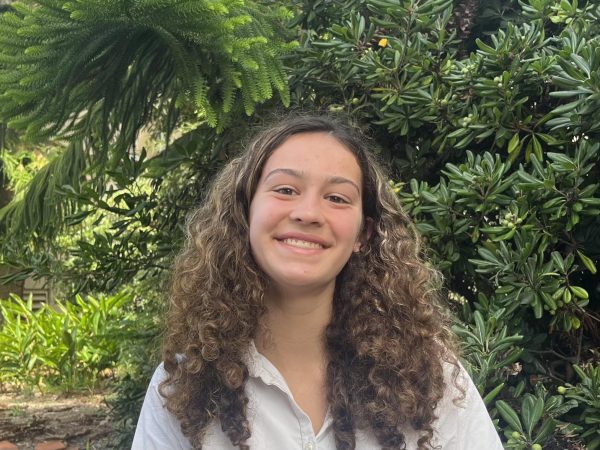RELIGION AND ETHICS ELECTIVES
Race and Religion in America
If you can’t stop thinking about complex questions regarding race and religion that you touched on in history or DEIJ, consider Race and Religion in America. According to the Religion and Ethics Chair Dr. Regina Ballard, in this course, students will get “dig into issues of how race and religion intersect,” such as how different communities have interacted with religion throughout American History. Dr. Ballard’s inspiration for this course came fairly recently, “After George Floyd, Reverend Simopoulos and I were really looking to develop a course where students would have the time and space to think critically about these important issues.”
The Holocaust: Religious Questions
Interested in studying the Holocaust through a religious lens? In The Holocaust: Religious Questions, students will study the Holocaust with a particular focus on how different religious perspectives respond to one of the greatest tragedies in history. “This course takes a deep dive into the long history of anti-Judaism and antisemitism and how these prejudices led to the Holocaust,” Dr. Ballard explained, “as well as asking how Jewish and Christian voices responded to this and other atrocities?”
Feminism: A Biblical Perspective
If you want to think deeply about gender and the role of women, both currently and through a biblical lens, you’ll do just that in Feminism: A Biblical Perspective. In this semester-long class taught by Dr. Ballard, students will analyze Biblical stories and look at them through a 21st-century lens. For example, analyzing “the way in which women were treated in the Bible and how that has influenced how women are treated today,” Dr. Ballard explained. She also mentioned that for this class’s final project, “students look at some [modern day] issues that women and men face in regards to feminism or hyper-masculinity.” Overall, Dr. Ballard reflected that Feminism: A Biblical Perspective is a valuable and relevant course, “It’s important to reflect on the role of gender in the world today, and how that manifests itself in our lives today.”
Philosophy of Human Rights
Philosophy is a means of understanding the world around us. Philosophy of Human Rights, taught by Religion and Ethics Teacher and Global Education Director Dr. David Moseley, is an interdisciplinary course that will use the United Nations Universal Declaration of Human Rights of 1948 to dig into questions like “Who am I? Why am I here? What is the right thing to do? What does it mean to live a ‘good life’? Do I have rights and responsibilities? [and] How can rights be enforced?”
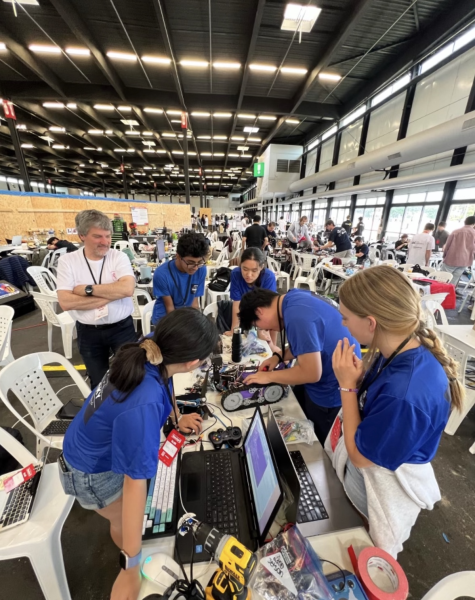
COMPUTER SCIENCE ELECTIVES
Honors AI & Computer Vision
In November of 2022 when ChatGPT debuted, conversations about AI exploded everywhere. If you want to learn more about how AI will shape our future, consider taking Honors AI & Computer Vision. The course “covers a range of AI [topics], focused on computer vision,” as Computer Science Chair Dr. Marcus Jaiclin explained. He defined “computer vision” as “seeing how computers process data and recognize objects in pictures.” He added that the course will also look into “natural language processing and a little bit of what’s called reinforcement learning, which is how computers learn how to play games.” Dr. Jaiclin reflected on the importance of taking a class that allows students to better comprehend AI. “If you have an understanding of how AI works, then you can get more out of it,” he explained. “People are going to be using AI as a companion in their work in a lot of fields as we go forward, and so understanding more about it is going to be a really useful skill.”
Honors Data Structures & Algorithm
Interested in developing your computer sciences skills to become more complex and more efficient? In Honors Data Structures & Algorithms, students will get to learn how to do “abstract and complicated problems more easily,” as well as work on coding efficiency and “understand what’s going on behind the scenes in a more abstract program,” Dr. Marcus Jaiclin explained. This is a more technical computer science course, with the first half being taught in python, and the second half in C++. Overall, Dr. Jaiclin
reflected that understanding computer science is a
valuable skill, because being able to read and analyze data is “an essential component of pretty much any field.”
In addition to the Honors Data Structures & Algorithm and Honors AI & Computer Vision courses, there are two standard computer science courses for underclassmen: Software Development for ninth graders and Web Development for tenth graders. However, students in any high school grade are welcome to take both of these courses.
Along with all the electives outlined above and in the print issue of the 2024-2025 school year Tower course guide, other elective courses will also be offered to high school students. These courses include but are not limited to Applied Economics, Applied Psychology, Introduction to Speech and Debate, Performing Dance Group, Bishop’s Singers, ASB, Peer Support, and Yearbook. For more information on all the courses offered, students and community members are encouraged to look at the official Bishop’s course guide.


